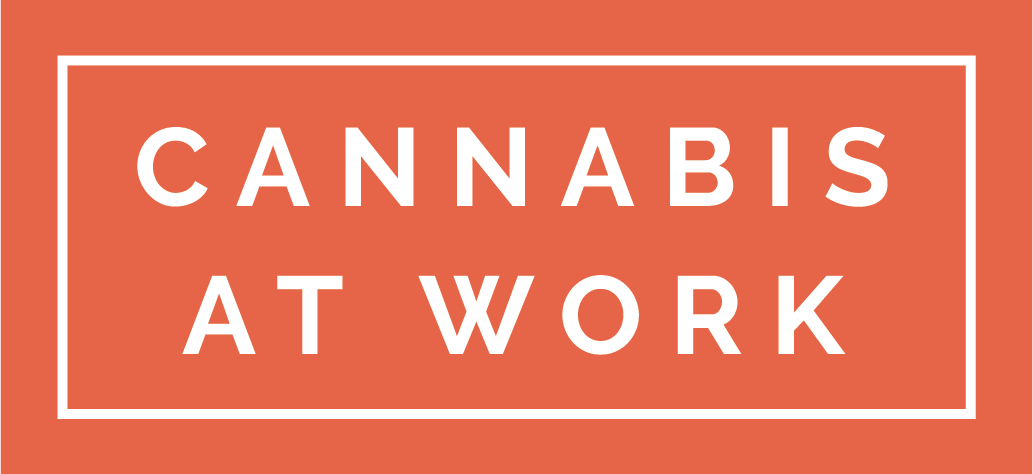We sat down and talked with the Edmonton Examiner about how employers should handle medical cannabis in the workplace. Read the full article here.
Medical Cannabis Coverage in Benefits Programs; Who Is Ready?
The Final Report of the Task Force on Cannabis Legalization and Regulation
Limitations of Workplace Drug Testing Methods for Proving THC Impairment
Cannabis is Risky Business
Cannabis Takes the Cake in the US Election
Yesterday there were nine states with marijuana legalization on their ballots. Five states -Arizona, California, Maine, Massachusetts and Nevada – voted on the legalization of recreational marijuana use. In another four states - Arkansas, Florida, Montana and North Dakota – residents voted on legalizing medical cannabis.
Today, the results are in.
Talking Shop with Tweed
Patient Allowed to Grow Their Own Cannabis
How Workplaces Threaten Patient Access
We have seen a number of landmark cases that have laid the groundwork for patient access in Canada, including Parker, Allard, and Smith. It has been established that it is an individual’s constitutional right to access cannabis for medical purposes.
However, there are a number of restrictions created by the employment relationship that threaten this access. The workplace is rife with discrimination and often forces employees to make a choice between their income and their medicine.
The Process For Disclosing Medical Cannabis Use To Employers is Broken
We recently looked at the case of Brendan Uprichard, who was fired after failing to tell his employer he was a medical cannabis user. That case highlighted the requirement of employees who hold a safety-sensitive role to disclose their cannabis use. However, it also highlighted a number of the flaws with the disclosure process.
Preferably, we would have a system where employees could be upfront with employers about their medical cannabis prescription even during the hiring process. Employees would disclose use and an assessment would be made if accommodation were needed or not.
